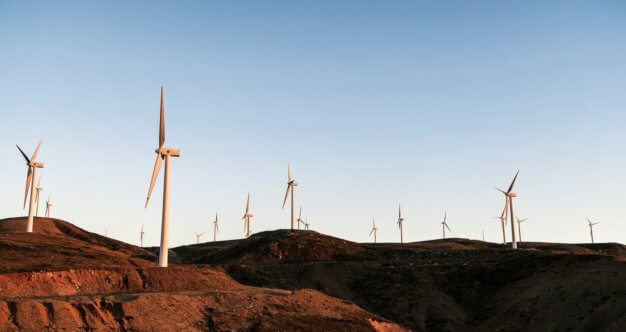President Trump asserted that windmills, also called wind turbines used to generate power, can cause cancer. Trump made his controversial anti-windmill statements as he denounced wind power during his speech at the National Republican Congressional Committee dinner.
But while wind power has long been controversial for its possible effects on the health of people who live near the giant turbines, there has been no evidence that windmills cause cancer.
Read MoreThere is, on the other hand, a lot of evidence that the effects of burning coal and other fossil fuels does increase cancer risk. “Based on the model, we estimate a total of 1.37 million standardized incident cases from lung cancer will be associated with coal-fired power plants in 2025,” says a 2019 environmental health study from researchers at Harvard University.

Much of the debate over windmills’ health effects actually spring from opposition to windmills for other reasons, when communities have rallied against efforts the place the unsightly turbines near their homes or off the coasts of wealthy beachside enclaves, ruining views. The debates have sometimes shifted from arguments over aesthetics and noise to more potent arguments about health dangers.
Trump himself waged an unsuccessful campaign a few years ago to block the construction of aquatic wind farm off the coast of Scotland, in view of his upscale Turnberry Golf course. During that time, he denounced the wind farm as ruining pleasant views of the ocean.
“You know, Hillary wanted to put windmills all over the place. Let’s put up some windmills. When the wind doesn’t blow, just turn off the television darling, please. There’s no wind, please turn off the television quickly," President Trump said in a separate speech. "I know a lot about wind," he added.
Learn more about SurvivorNet's rigorous medical review process.

